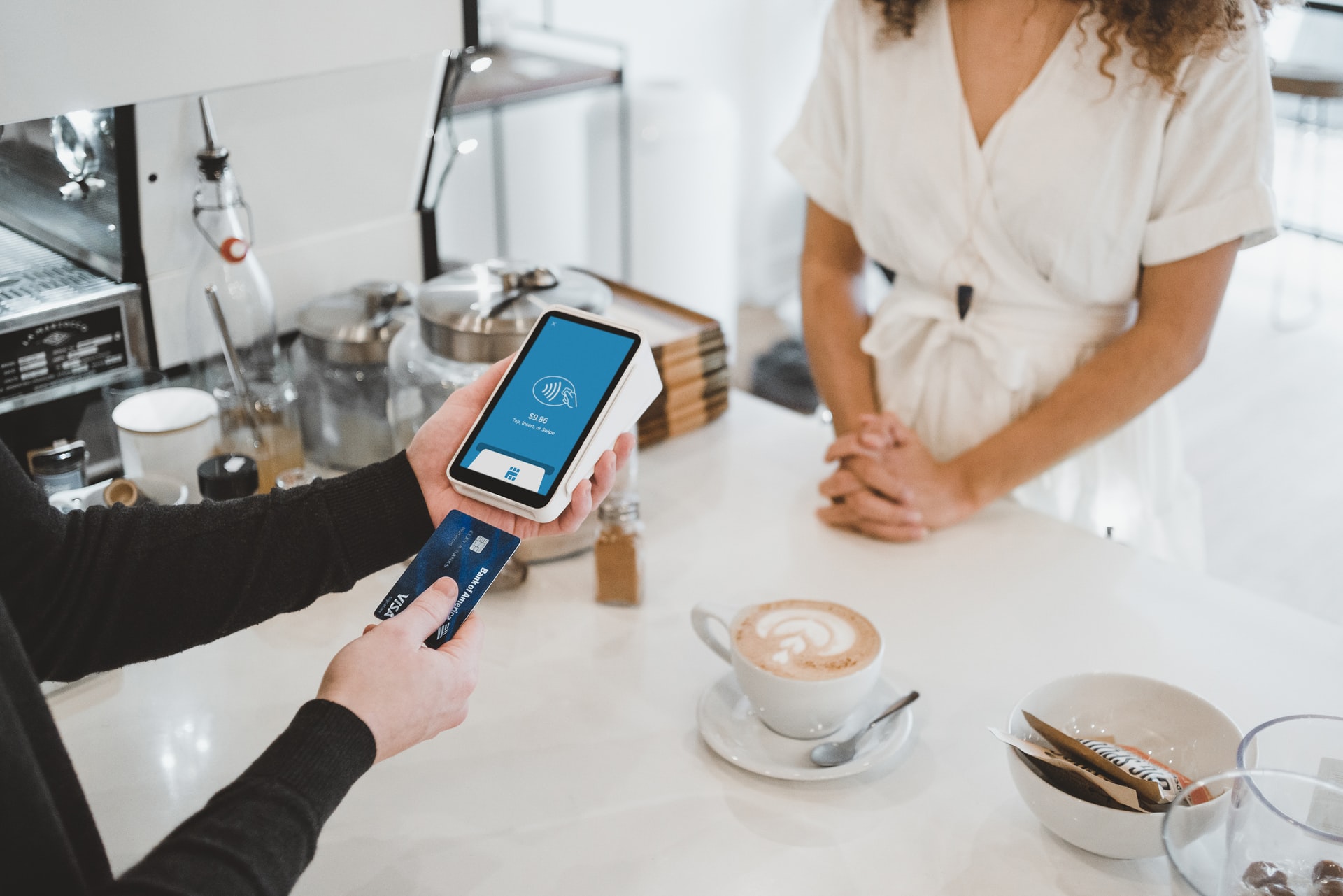A credit score is an important number that plays a big role in your financial life. But can you have a credit score without a credit card? Maybe you are a young adult who has yet to establish enough credit to qualify for a credit card. Or you could be new to the U.S. and need a credit score before you can rent an apartment but have yet to qualify for a credit card. Consumers who have found themselves in debt or going through bankruptcy have a hard time starting over or improving their credit score without a credit card. Fortunately, there are ways to build a credit score even if you don’t have a credit card.
What is a Credit Score?
A credit score is a three-digit number that is calculated based on many factors and weighted using your credit history. If that sounds confusing, that’s because credit bureaus don’t reveal exactly how your credit score is calculated. It’s also confusing to discover that credit reports and credit scores are two different things. In fact, though your credit score is determined using your credit report, your score is typically not included in your credit report. Instead, your credit report details your use of credit over time together with current information about you, including your name, address and other public information. On the other hand, your credit score is a number calculated using the information on your credit report.
Once you have a credit score, it will vary over time on a scale of 300 to 850. You may also hear it called a FICO score or VantageScore. The average credit score ranged between 698 and 714 in the U.S. in 2021, depending on which credit bureau was reporting. Credit scores are determined based on five main factors:
- Payment history (35%): Making late payments has a negative impact on credit scores.
- Amounts owed (30%): Reducing total debt can be the key to a better credit score.
- Credit history (15%): The longer you have been using credit responsibly, the higher your score.
- New credit (10%): Opening new credit accounts can lower your score.
- Mix of credit (10%): Having different types of credit (car loans, student loans, credit cards) can improve a credit score.
What is a bad credit score? Poor credit can be anywhere between 300 and 579. A fair credit score ranges from 580 to 669. Good credit score ranges from 670 to 739. Very good credit is above 740, and exceptional credit ranges between 800 and 850.
What is the Purpose of Credit Scores?
The main purpose of credit scores is to demonstrate to future creditors that you are responsible enough with money and can be counted on to repay your debts. If you have ever tried to rent an apartment, you know that landlords typically pull your credit score in an effort to find out if you will be a responsible tenant and pay your rent on time. If you don’t have a credit score, you may not get the apartment you want to rent, and lenders may be skeptical of giving you a car loan or home loan.
As a consumer, the purpose of credit scores is to allow you to pay less for the money you borrow. The interest rate you will pay for car loans, home loans, boat loans and more will be typically lower if you have a good credit score. The utility company may waive certain fees if you have a good credit score. You will be considered a good risk to lenders and landlords alike if you have a good credit score. You will qualify for small business loans with a good credit score. On the other hand, you will not be able to get lower interest rates on credit cards with a bad credit score. In other words, it pays to have a credit score.
How Long Does It Usually Take to Build a Credit Score?
If you are starting from scratch, having never used a credit card or taken out a loan, you may wonder how long it usually takes to build a credit score. The answer to that question is about six months to establish a credit score. This is because credit bureaus require time for your credit information to accumulate. If you get a credit card for the first time, you might not use it right away. Then, once you make some purchases, it takes time for your payment history to be established and reported to the credit bureau.
It usually takes six months or longer to build a good credit score. It will depend on how many open credit accounts you have and whether you make on-time payments. As your credit history grows, it can either get better or worse, depending on your payment history, how many accounts you have, the mix of credit accounts and how much debt you have in relation to your income. Since your credit score fluctuates, you can improve it over time. But your credit score can also decrease if you do not demonstrate good habits of paying bills on time or if you max out credit cards and late fees pile up. By some estimates, it can take more than a year to build a credit score back up after you have missed payments.
Can You Get a Credit Score Without a Credit Card?
The simple answer is yes to whether you can get a credit score without a credit card. In fact, you likely already have a credit score if you have ever borrowed money with a car loan, student loan or bank loan. Your payment history on those types of loans will be included in your credit score, even if you are just a co-signer on those installment loans. There are also services that you can use to have things like on-time rent and utility payments be factored into your credit score. There are many ways to build a credit history and correct a bad credit score without a credit card.
Ways to Get a Credit Score Without a Credit Card
There are several ways to get a credit score without a credit card.
Disputing Errors in Your Credit Report
One way to improve your credit history is by disputing errors in your credit report. About one-third of consumers, or 34%, have errors on their credit reports, according to an investigation by Consumer Reports in 2021. The good thing is that 79% percent of consumers with errors in their credit report are successful in having disputed errors removed from their credit report, based on a survey by Credit.com. You’re going to start by getting a copy of your credit report. If there is an error on your credit report, the key is to follow through and get it corrected. Common errors include simple things like wrong or misspelled names and wrong addresses on the credit report. In addition, look for errors such as on-time payments reported as late or a credit account listed that is not yours. The three major credit bureaus, Experian, Equifax and TransUnion, have websites where you can find information about their process for disputing an error. Each credit bureau may have different instructions, so be sure you are following the right ones.
Becoming an Authorized User
You can build a credit score without a credit card of your own by becoming an authorized user of a credit card account of a friend or family member. As an authorized user, you can benefit from that account’s on-time payments and payment history without ever using the credit card. Your credit score may slowly improve even if you never use the credit card for which you’re an authorized user.
Getting a Credit Builder Loan
Another way to establish a credit history without a credit card is with a credit-builder loan. It’s not how you might think of a loan in that you don’t get the money upfront. Rather, with a credit-builder loan, you make monthly payments to the lender until you have saved the full amount of the loan, typically up to $1,000. The lender reports your timely payments to the three credit bureaus to help you build a credit history. Once you have made all the payments, the lender will return the total balance to you. With a credit-builder loan, you are building credit and saving money at the same time. You will pay interest on a credit-builder loan, but in some cases, the interest is added to the balance you receive.
Paying Off Debts
Paying off debts is one of the most obvious ways to get a credit score or improve bad credit if you have it. You may have defaulted on a student loan or have unpaid medical bills. Perhaps you are behind on car payments or a home mortgage. It could be that you have credit card debt from the past that has caused you to not get approved for a credit card. Paying off debts is not easy, but doing so can help improve your credit history. Taking responsibility for paying off debts may include getting help solving your debt problems. There are professional services that make it their mission to help consumers who are struggling to pay off debts by negotiating lower interest rates and reductions in the total amounts owed.







